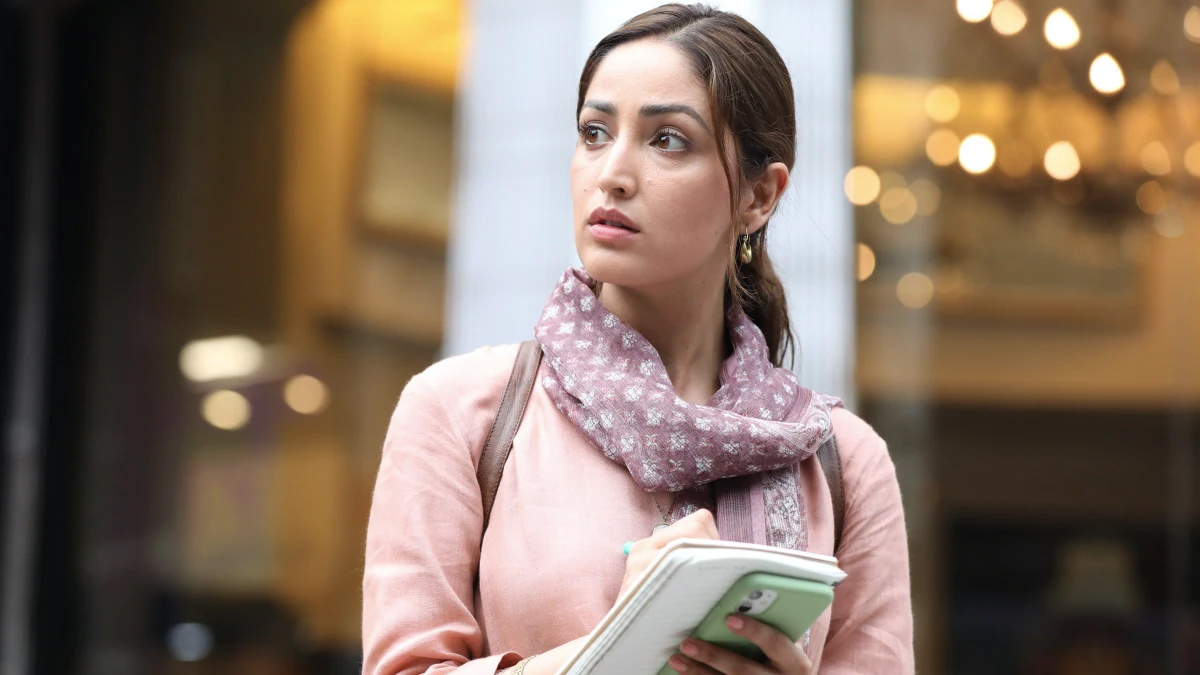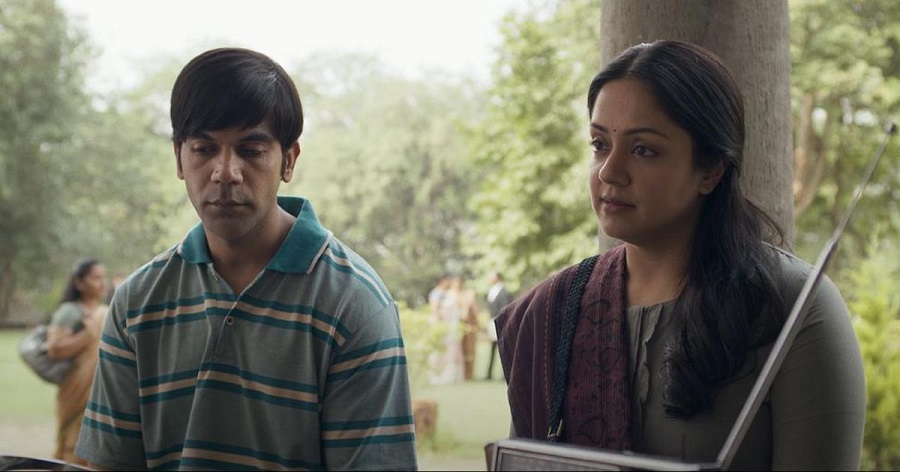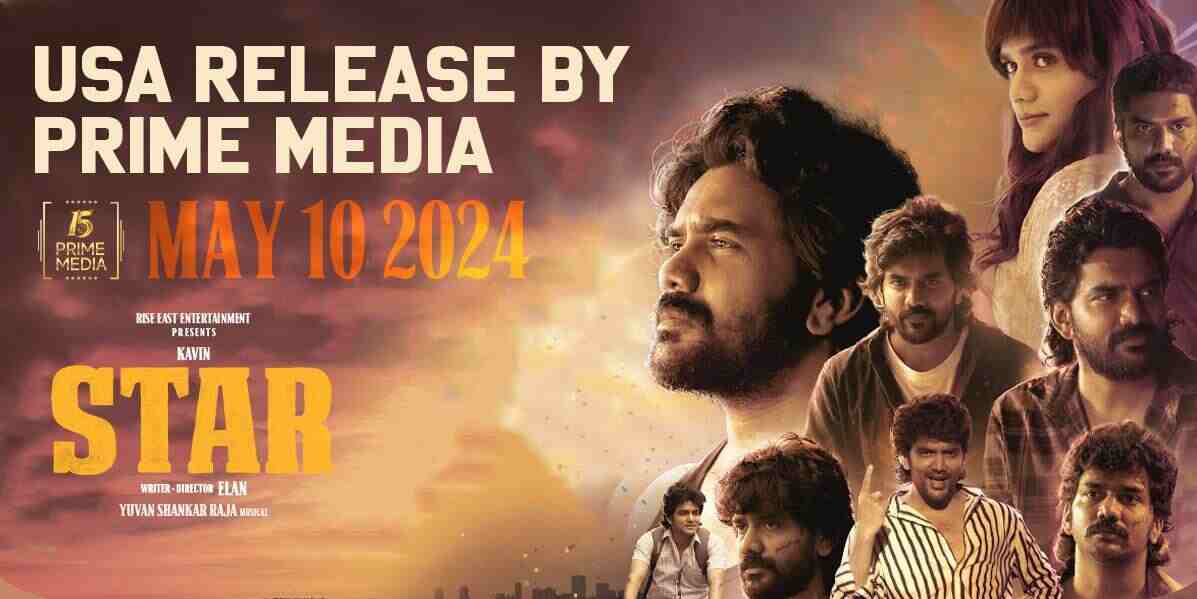Though the Stockholm syndrome subtext is astonishing for the city liberals, the harsh ground reality serves as a metaphor for Kutch’s indomitable spirit.
Rating: 4 / 5

By Mayur Lookhar
Film Festivals are a great platform to unearth hidden jewels of other regional cinema. This year a contemporary Gujarati cinema retrospective was organised at the 19th Third Eye Asian Film Festival in Mumbai. Who says 13 is unlucky? We were lucky to witness Kutchi-Gujarati film Dhaad (Raid) on 13 December.
Not often does a film stay with you long after its over. In this case, we’re were left stunned for weeks trying to makes sense of certain occurrences in the film. The urban privilege/sensibilities make it hit harder. In the end, there is no justification, but an acceptance of the world that Dhaad is set in.
Dhaad is based on noted Gujarati writer Dr. Jayant Khatri’s acclaimed short story Dhaad, which he wrote in the 50s. It’s a story from the son of the soil who hails from Mandvi, Gujarat. Producer Kirti Khatri was keen to bring his father’s work on the big screen. In 2000, it was adapted into a screenplay by noted writer/author Vinesh Antani, who would then write a novel in 2003-04. Kirti and director Paresh Naik’s long cherished feature film [also titled Dhaad] was released in 2018.
Set in the 50s, the film takes us into the arid region of Kutch. Pranjivan [Sandeep Kulkarni], a government official bumps into a stranger at the shore of Mandvi beach. The latter reveals himself to be Ghelo [Kay Kay Menon], who is here for his camel to feed on the vegetation. It’s a warm conversation where Ghelo invites the government official to visit his ‘happy’ village someday. Soon, Pranjivan quits his government job after an argument with his haughty boss.
With no job, and all the time in the world, Pranjivan decides to pay a visit to his friend’s village. However, Ghelo isn’t the good soul that he imagined to be. The guy turns out to be a childless bandit who loots the wealthy in the nearby villages. He has three wives – Dhanbai [Sujata Mehta], Ratni [Sameera Avasthi], and Monghi [Nandita Das], who he had kidnapped few years ago. Ghelo dominates all his wives.
It’s a rude shock not just for Pranjivan, but also the audiences who is left perplexed by Ghelo’s actions. Pranjivan and the audience are empathetic to the oppressed women, but both are meek in raising a voice.

Despite the quarrels, the women seem to have accepted their fate. For Monghi, this seems like a classic case of Stockholm syndrome. The women’s plight breaks our urban liberal hearts, but beneath the oppression lies the tale of the arid land. Dr. Khatri’s impotent protagonist is a metaphor for the arid, parched land. It reveals the hardships of Kutch, a region that often faces drought and has been hit by natural calamities. Despite nature’s fury, conservatism, the Stockholm syndrome here is a reflection of the survival instinct of mankind, and other living beings [camels, donkey, cattle] in Kutch.
It’s not all gloomy though as the film also celebrates the Kutchi culture, folk arts. For centuries, the Kutchis have taken pride in their ethnic wear. Costume designer Vibha Naik sticks to her tradition. Dhaad is among legendary music composer the late Vanraj Bhatia’s last works. Like the Khatris, Bhatia, too, hailed from Mandvi. Hindi audiences will remember him for scoring music for films like Ankur [1974], Nishant [1975], Mandi [1983]. His scores on TV include cult shows like Khandaan [1985], Wagle Ki Duniya [1988]. Bhatia kept it simple for Dhaad, using the traditional sounds, notably the jodiya pawa [twin flute] tunes [played by local artist Gulam Musa Jat] to build lyrical engagement. Bhatia also tapped into noted Kutchi folk singer Ratanbai’s timeless poems. Hailed as the Mirabai of Kutch, Ratanbai’s Aau Re Jogiyani, Pankhi e jo Melo songs fit into the film’s theme appropriately. The folk music also serves as a breather from the harsh ground realities. It’s not just arts, but a certain Kutchi hospitality that stood out here. In a parched land, the Kutchis serve buttermilk. Maybe it keeps them hydrated in the scorching sun.
It’s remarkable how five of its six principal cast are all non-Kutchis. non-Gujaratis. The natives are the best judge, but we were stunned by the principal cast’s grasp of the Kutchi-Gujarati dialect. Kay Kay Menon is a Malayalee. Nandita Das is Bengali from her father’s side, while her mother Varsha Das is Gujarati. Sandeep Kulkarni [Maharashtrian] and Raghubir Yadav [Bundeli]. Sujata Mehta is the lone native in the film. It is incredible how these actors have aced the Kutchi dialogues, and it’s backed by the right intensity. Dhaad rides on the stellar acts by Das, Menon and Yadav, who plays the character of Jussab. He works for his master Ghelo. Loyal to the core, but he isn’t shy to gossip behind his back. The Ghelo-Jussab bond is also reflective of the region’s communal harmony.
Dhanbai [Sujata Mehta] has barely few words, but the frowned face tells its own story. Ratni [Sameera Avasthi] breaks down while resenting Monghi’s arrival, but she, too, is rendered helpless. Despite a common grief, there is no real bonhomie between Dhanbai, Ratni and Monghi. Broken deep within, the ladies only find some solace in pottery design, knitting and the usual chores. In her conversation with Pranjivan, Monghi briefly shows signs of breaking free, but is then happy to retreat in her hell. After all, who will accept her back in her village? Naik’s principal women mirror the drought in the region, parched yet surviving.
It’s Ghelo though who left us in a bind. He was jovial in his intro scene, but it’s the bandit who then takes over. Never before have we felt close to a character in one moment, and then soon you want to disassociate with Ghelo. Menon is joyful in that early moment, but then aces the arrogance, intimidating tone of his character. Director Naik builds an opinion on the character from the views of the suppressed women and the new ‘friend’ Pranjivan. Despite learning the truth, Pranjivan is still hopeful that there is some good left in Ghelo. Maybe, it is his own apathy or fear of the bandit that sees him become a quite spectator.
Humble in its production design, Ravji Sondarva’s cinematography, too, has simplicity about it. The film may not be rich in its visual appeal, but it’s the earthy plot, characters that stick with you. Dhaad is another film that builds a narrative from its soil. Kantara [2022], Pushpa [2021] rose from the forests, Dhaad [2018] grows out of its arid land. Though a simple narrative, and dry in its storytelling, Kutch flows in every frame, every word, character, and every wound of Dhaad.

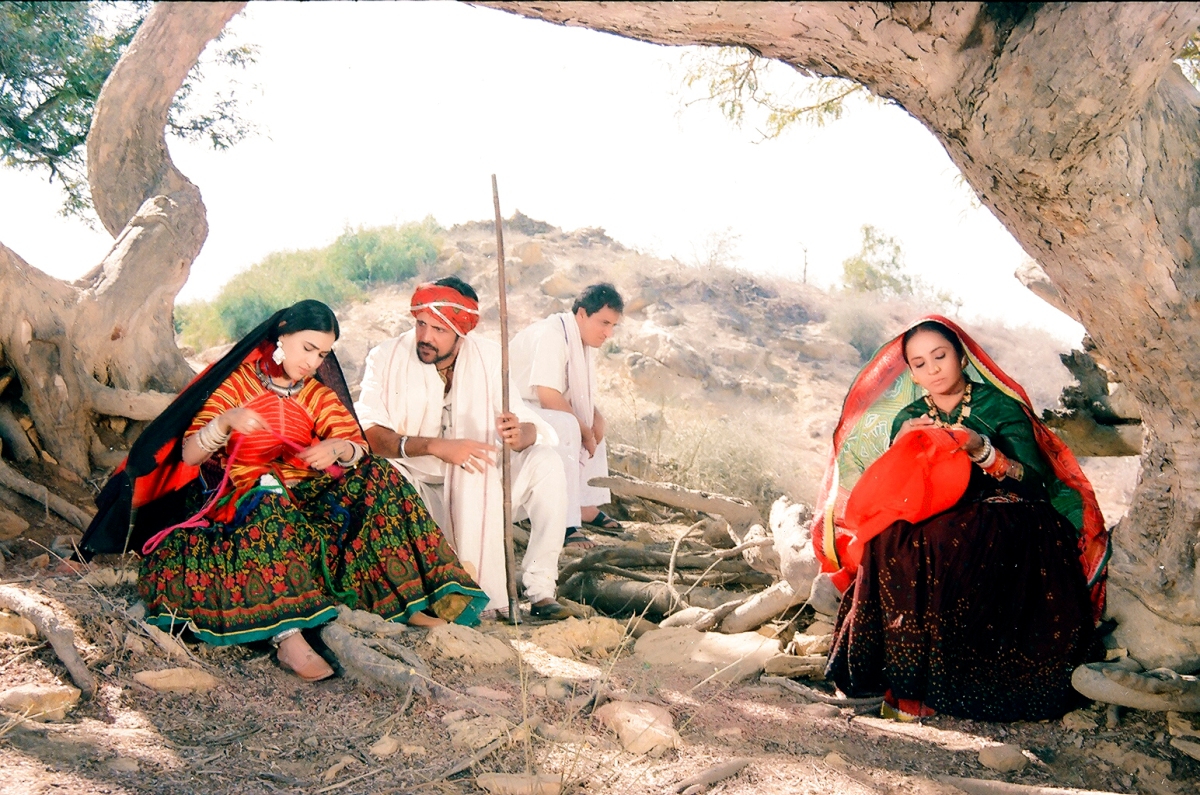
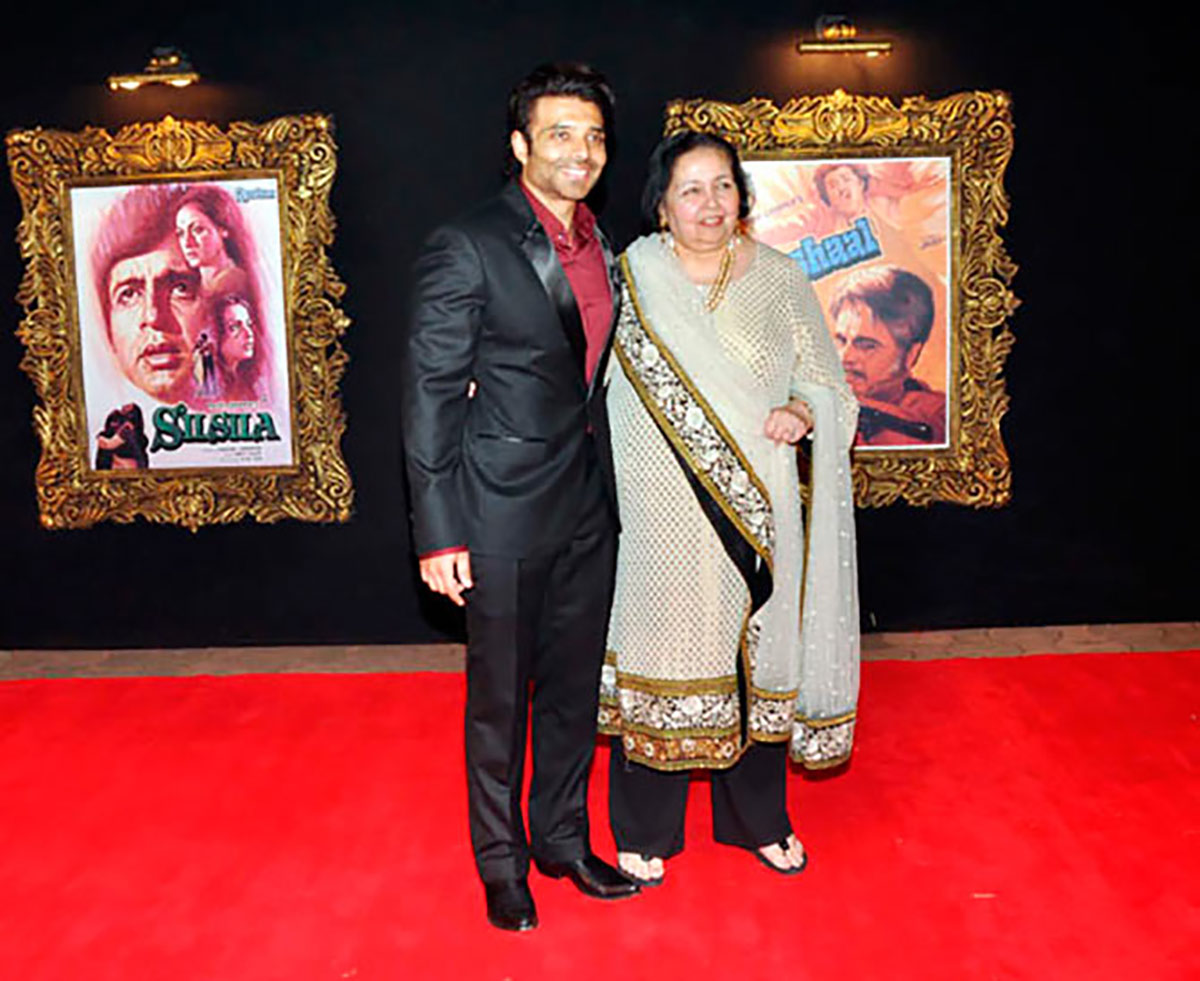
![Tu Jhoothi Main Makkaar special screening: Ranbir Kapoor-Arjun Kapoor's bromance is unmissable; Alia Bhatt gives it a miss [VIEW PICS]](https://st1.bollywoodlife.com/wp-content/uploads/2023/03/Ranbir-2023-03-08T094319.662-600x315.png)

